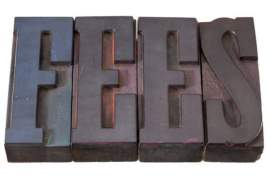
Look Into Court Docket

During trials or court proceedings, the events that occur throughout the duration of the proceedings are recorded in detail in dockets. It is important that these documents be thorough and accurate so that all necessary information is available if it is needed for any reason. In addition, in the United States court documents are considered to be public records.
The court proceedings are recorded in a court docket. Originally, a court docket was a large book or folio, in which court clerks recorded the court proceedings. Civil procedure states that a clerk must record specific types of information throughout the duration of the court proceedings. Today, court clerks in the United States depend upon computers to document and record this information.
Dockets have become computerized and are stored as electronic databases. As a result, court records can be kept organized and safe. In addition, electronic databases make recording court proceedings easier for court clerks. They can document the events faster and incorporate more detail.
A court docket is often used as a calendar that details the schedule of events that unfold during a court proceeding. All appearances that are made during a trial are recorded in a court docket. In addition, all arguments are recorded in detail. In some instances, the term "docket" is used to describe the court's workload at the time. If a court has many cases or proceedings scheduled, it is said to have a "full docket". Dockets play a vital role in maintaining detailed and organized records about court proceedings.



















